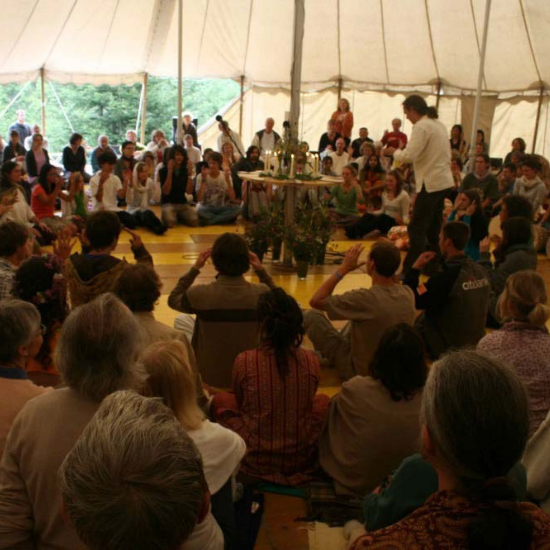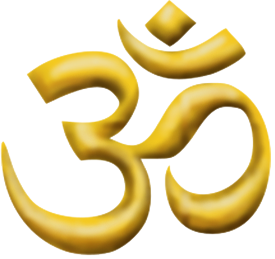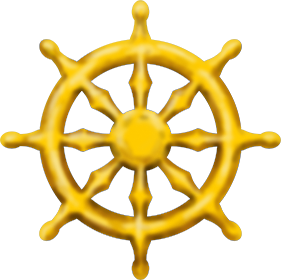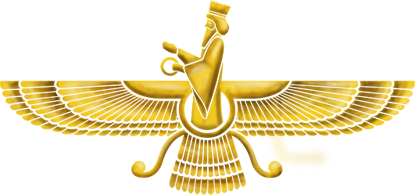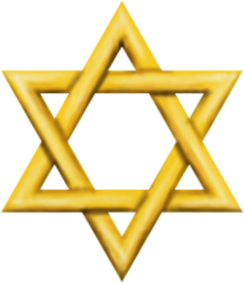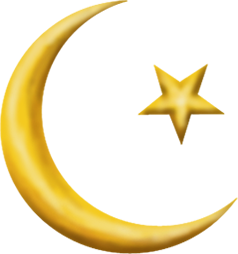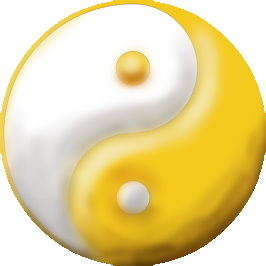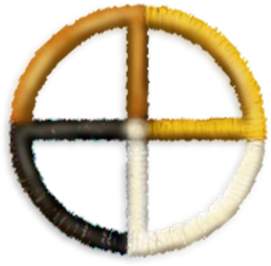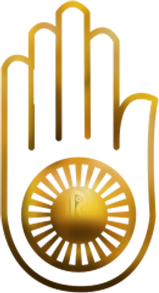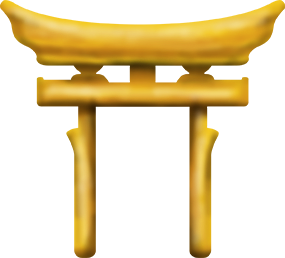Activities of the Universal Worship
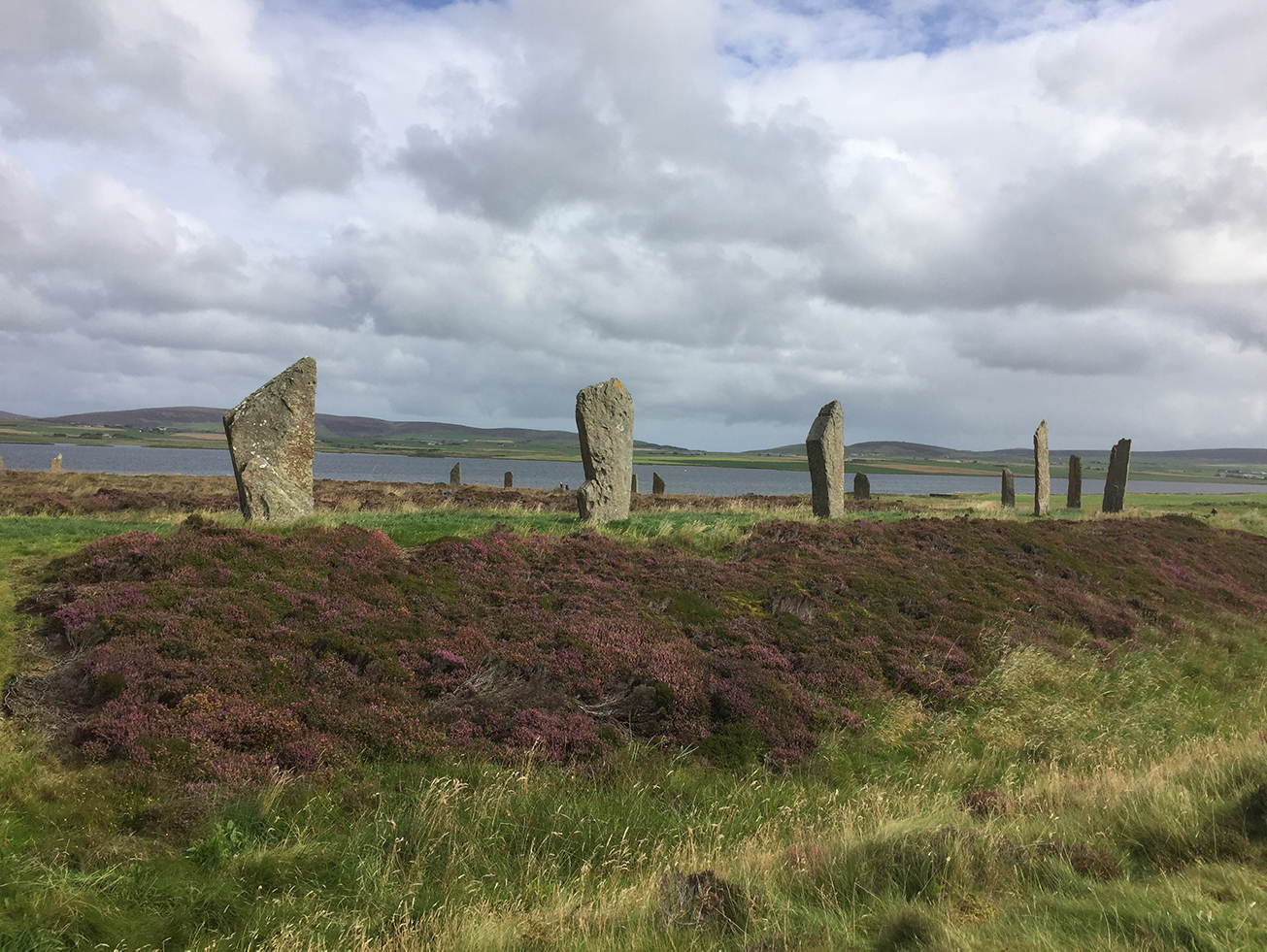
"The work of the Universal Worship is to spread the unity of religion. It is not a mission to promote a particular creed or any church or religion; it is a work to unite the followers of different religions and faith in wisdom, so that without having to give up their own religion they may strengthen their own faith and focus the true light upon it. In this way a greater trust, a greater confidence will be established in mankind."
Inayat Khan
The Universal Worship service gives an opportunity to those belonging to different religions, or no religion, to worship together. All are welcome. The purpose of the service is to open our hearts toward God’s beauty, and illuminate our souls with Divine Light, and to recognize the One Being from which all religions have come.
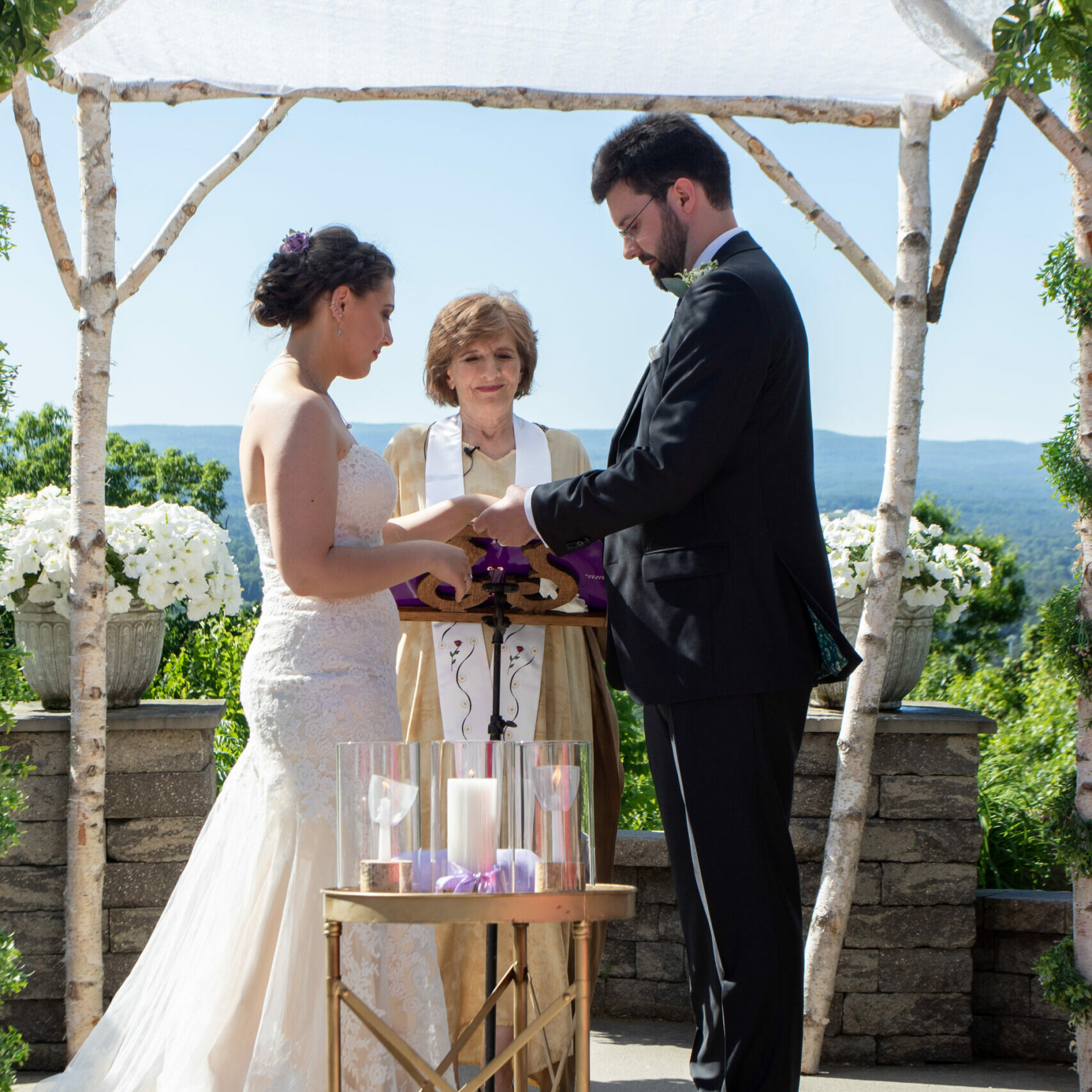
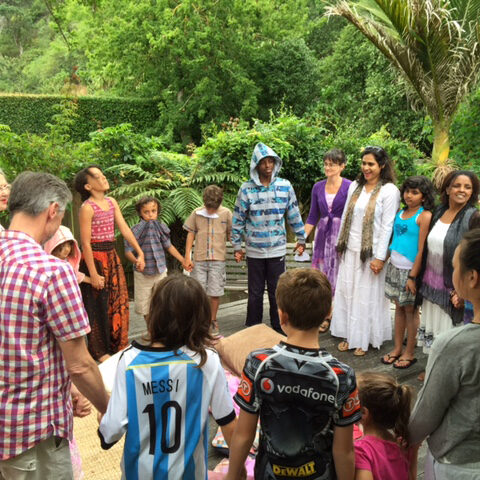
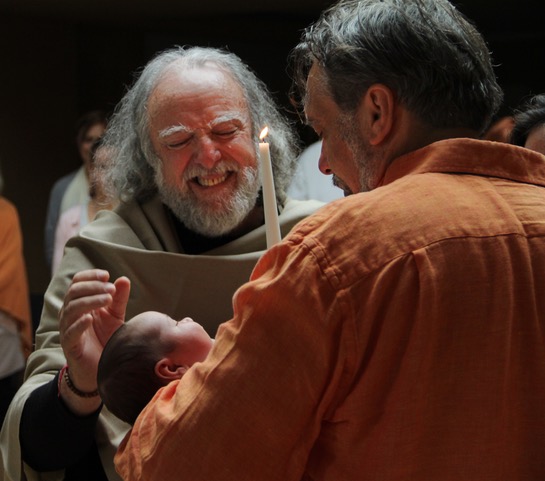
What is a Cherag?
The Universal Worship is conducted by an ordained minister, who is called in our tradition a Cherag.
The Cherag acts in a similar capacity as ministers in other religious traditions, i.e., holds religious services, performs marriages, officiates at funerals, gives spiritual assistance to those in need, performs charitable and social service work, holds programs of spiritual education and training, provides spiritual direction and guidance and upholds the principles and ideals of the Universal Worship. The word Cherag means lamp.
In the Service, the Cherag invokes the messengers of truth, known and unknown, who have appeared in all times and in all places. The Cherag’s aim is to hold the consciousness of oneness in the perfection of love and awaken others to that potentiality in their own heart. The Cherag sees that all teachers of humanity have embodied the divine spirit of guidance toward Unity.
Cherag training attunes the candidate to the continuum of spiritual evolution, to the universality of the message of all prophets and a develops a deep understanding of the world’s major religions. Personal spiritual practice plays an important role in the curriculum. Students are required to do the inner work of self examination and cultivation of one’s personality in areas of sensitivity, confidence and creating capacity to serve. Depending on the program of study chosen (guided home study or in-person), the training usually takes between one to three years.
Cherags are required to follow a code of ethics.
Interested in Becoming a Cherag?
